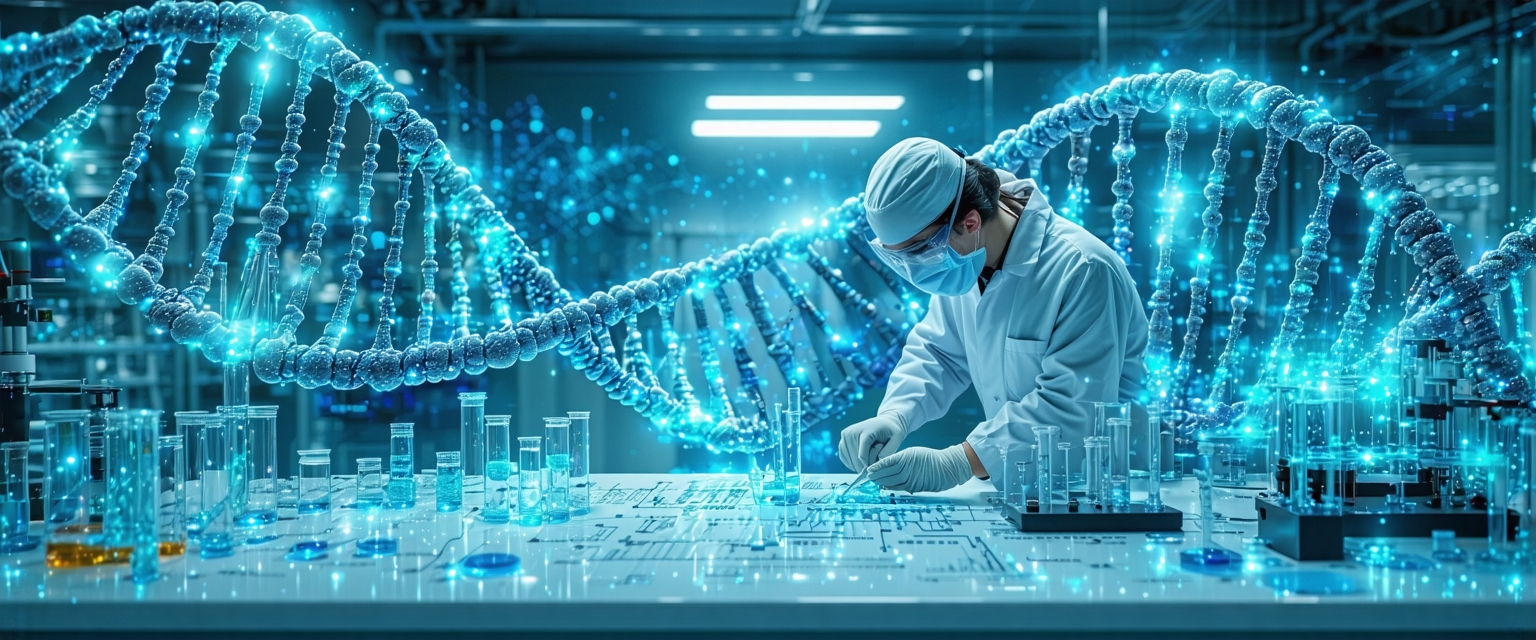






Biotechnology, the application of biological systems and organisms to develop or make products, has undergone a dramatic transformation in recent decades. Driven by advancements in genomics, synthetic biology, and data science, the field is poised to revolutionize various sectors, from healthcare and agriculture to energy and environmental remediation. However, this rapid progress brings ethical dilemmas and economic considerations that require careful navigation.
The foundations of modern biotechnology were laid in the 1970s with the discovery of restriction enzymes and the development of recombinant DNA technology. This allowed scientists to manipulate genes and transfer them between organisms, opening doors to genetic engineering and the production of novel pharmaceuticals and crops. The Human Genome Project, completed in 2003, further accelerated progress by providing a detailed map of the human genome, facilitating the development of personalized medicine and gene therapies.
Recent years have witnessed remarkable advancements in gene editing technologies like CRISPR-Cas9, enabling precise modifications to DNA sequences. This technology holds immense potential for treating genetic diseases, developing disease-resistant crops, and even engineering microorganisms for biofuel production. Simultaneously, advances in artificial intelligence and machine learning are accelerating drug discovery and development, improving diagnostic tools, and enhancing our understanding of complex biological systems.
The development of mRNA vaccines, exemplified by those used against COVID-19, represents a paradigm shift in vaccine technology. This approach demonstrates the potential of biotechnology to rapidly respond to emerging infectious diseases.
According to a report by the McKinsey Global Institute (Source: McKinsey & Company, 2023), the global biotechnology market is expected to experience significant growth in the coming years, driven by increased investment in research and development and the growing demand for innovative healthcare solutions. Furthermore, Dr. Jennifer Doudna (Nobel Laureate and CRISPR pioneer) has consistently highlighted both the immense therapeutic potential and the ethical responsibilities associated with gene editing technologies. (Source: Numerous published interviews and articles).
Biotechnology presents immense opportunities for addressing global challenges, including food security, climate change, and disease. However, the field also faces significant risks. Ethical concerns surrounding gene editing, particularly in humans, require careful consideration and robust regulatory frameworks. The potential for unintended consequences, equitable access to biotechnological advancements, and the economic implications of widespread adoption need careful evaluation.
The future of biotechnology hinges on responsible innovation, transparent communication, and international collaboration. Continued investment in research and development, coupled with a focus on ethical guidelines and public engagement, is crucial for realizing the full potential of this transformative field while mitigating associated risks.
“`